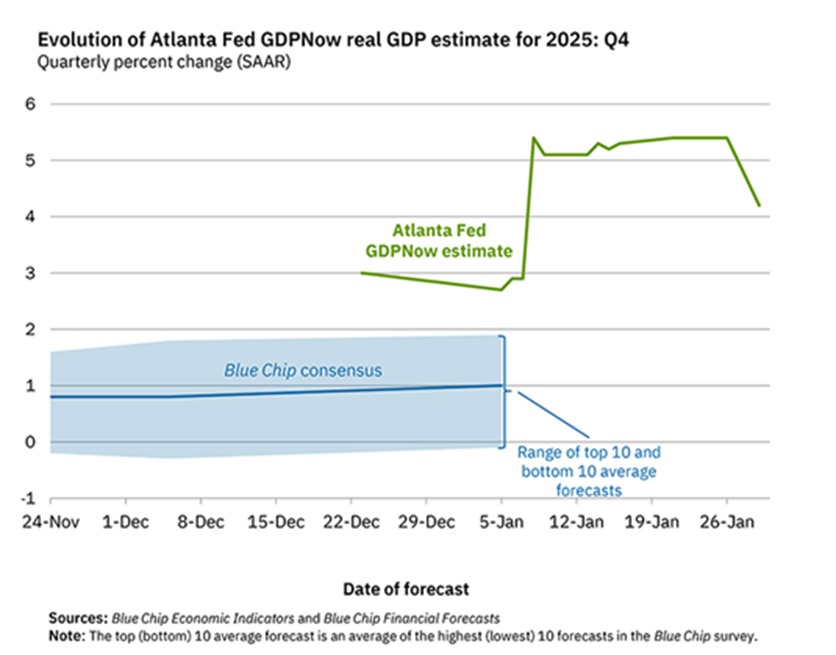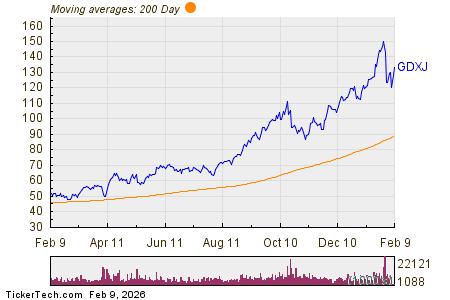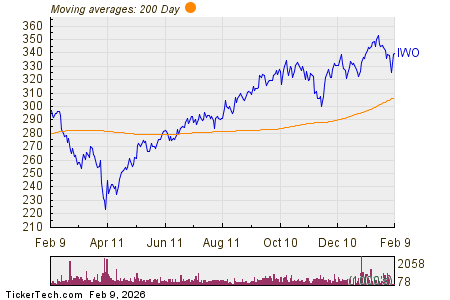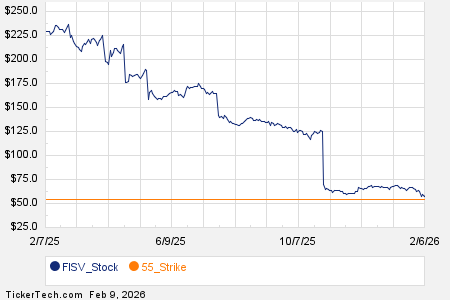Comparing Rigetti and Microsoft: Quantum Computing Investment Insights
Quantum computers have the potential to elevate artificial intelligence (AI) and revolutionize the computing industry. With the properties of quantum mechanics, these devices can perform complex calculations that surpass the capabilities of the most powerful supercomputers.
In the race to dominate this emerging market, two notable players are pure-play quantum firm Rigetti Computing (NASDAQ: RGTI) and tech giant Microsoft (NASDAQ: MSFT). Each company is pursuing quantum technology through markedly different strategies, targeting the pivotal moment where current computers can no longer compete with quantum machines.
Rigetti’s singular focus on quantum computing could offer it a competitive edge over Microsoft, which juggles various sectors from cloud computing to video gaming. However, Microsoft’s substantial financial resources could provide it with an advantage as well.

Image source: Getty Images.
Exploring Rigetti Computing’s Quantum Strategy
Rigetti utilizes superconducting qubits, a more traditional method of building quantum computers. Qubits serve as the fundamental units of information, similar to bits in classical computers; however, qubits can represent both 0 and 1 simultaneously.
What sets Rigetti apart is its patented hybrid approach that integrates quantum devices with classical computers. This hybrid model is crucial since qubits can be challenging to manage, making them prone to errors. By employing this technique, Rigetti enhances its error detection and correction capabilities.
Additionally, Rigetti claims to be the first company to offer a complete quantum stack—covering everything from the design and manufacturing of quantum chips to software delivery. The company asserts that it operates the first foundry dedicated to quantum chip production.
Despite these innovations, Rigetti has struggled with revenue growth. In the first quarter of the current fiscal year, its sales were $1.5 million, a decline from $3.1 million in 2024. This trend mirrors a broader decline, as Rigetti ended 2024 with $10.8 million in revenue, down from $12 million in 2023.
Microsoft’s Advancements in Quantum Technology
Microsoft is pursuing a different avenue by focusing on topological qubits—an innovative technology that promises enhanced stability and scalability compared to Rigetti’s superconducting qubits.
Topological qubits facilitate easier error detection and correction. This capability enables quicker scaling of quantum computers, potentially resulting in faster attainment of quantum advantage.
Financially, Microsoft is well-positioned to capitalize on topological qubit technology. The company reported $70.1 billion in revenue and $20.3 billion in free cash flow (FCF) for the fiscal third quarter ending March 31. This significant cash flow enables robust investments, facilitating the development of the world’s first topoconductor, a material facilitating the deployment of topological qubits. This effort led to the creation of Majorana 1, the first quantum processor utilizing topological qubits, capable of handling 1 million qubits, significantly outpacing Rigetti’s 100-qubit system.
However, Microsoft’s technology is still in the early stages. Although Majorana 1 has been developed, a fully operational quantum computer using topological qubits has yet to be constructed.
Investment Considerations: Rigetti vs. Microsoft
While Microsoft’s advancements in quantum technology appear substantial, the company indicates that it may take years to prototype a quantum computer using topological qubits. In contrast, Rigetti recently entered into a partnership with Quanta Computer, which acquired Rigetti stock at $11.59 per share, providing crucial financial support.
Also important is the valuation of each company’s stock. The price-to-sales (P/S) ratio reflects how much investors are willing to pay for each dollar of revenue, considering the previous 12 months. The following chart illustrates the comparison between Rigetti’s and Microsoft’s P/S ratios.

Data by YCharts.
This year, Rigetti’s P/S has experienced fluctuations but consistently remains significantly higher than that of Microsoft, indicating it may be overpriced relative to its larger counterpart.
Despite the potential of Rigetti’s technology to eventually offer superior solutions, its declining revenue trend raises concerns. Had Quanta Computer not intervened, Rigetti’s future might have been uncertain as it navigates the competitive landscape of quantum computing.
For these reasons, considering Microsoft’s financial strength to tackle the challenges of quantum technology, it seems a more favorable long-term investment compared to Rigetti.
Should You Invest in Rigetti Computing?
Before purchasing shares in Rigetti Computing, consider the following:
Analysts have identified what they believe to be the 10 best stocks to buy now, and Rigetti Computing is not included in that list. The selected stocks have the potential to deliver significant returns in the upcoming years.
For instance, when Netflix was recommended on December 17, 2004, a $1,000 investment would be worth $642,582 today!*
Similarly, a $1,000 investment in Nvidia recommended on April 15, 2005, would now be valued at $829,879!*
It’s worth noting that the average return for the recommendation service is 975%, significantly outperforming the S&P 500’s 172%. Consider joining to access the latest top stock recommendations.
Robert Izquierdo has positions in Microsoft. The Motley Fool has positions in and recommends Microsoft. The Motley Fool has a disclosure policy.
The views expressed herein represent the author’s opinions and do not necessarily reflect those of Nasdaq, Inc.









